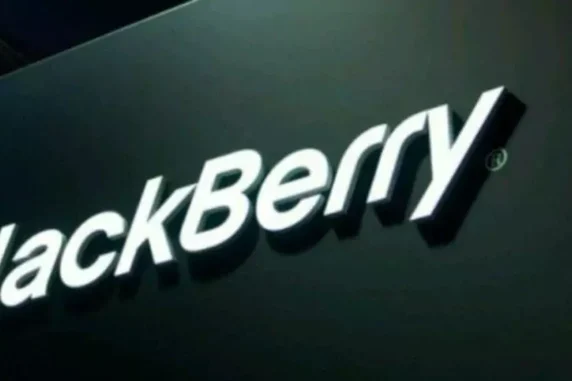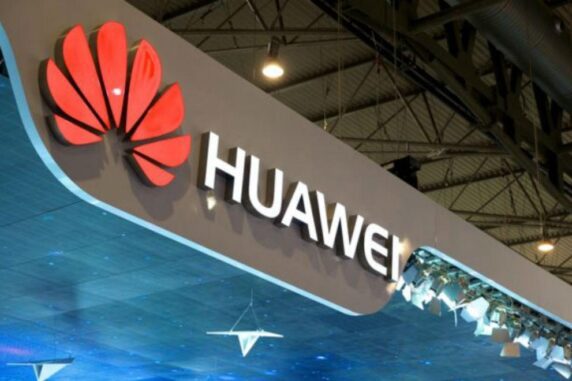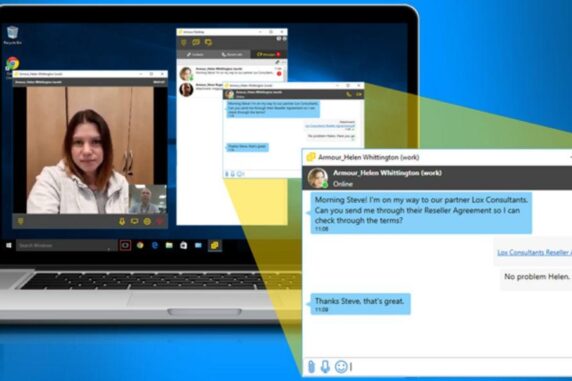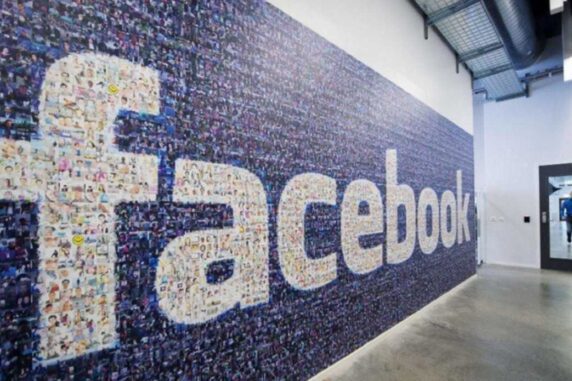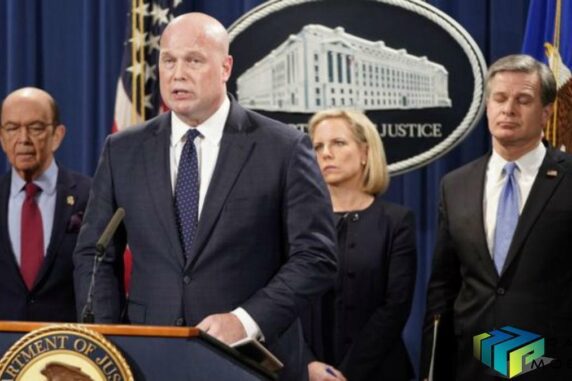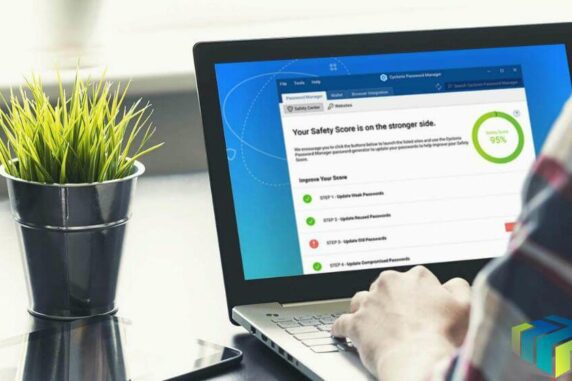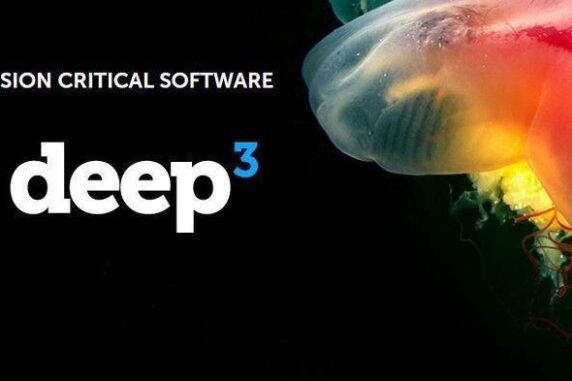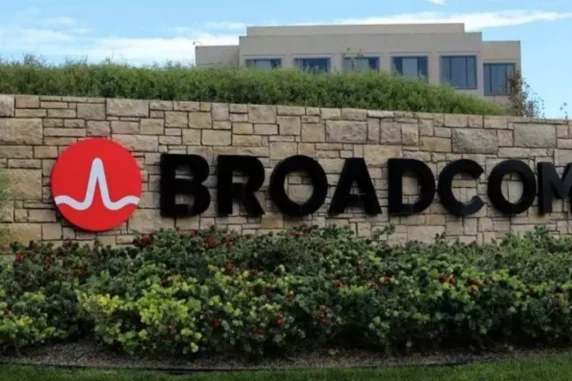BlackBerry is setting up a completely separate subsidiary in Washington, D.C., to strengthen the company's ties with critical U.S. federal agencies that require highly secure cloud-based services.
Huawei has filed a lawsuit against the United States government over a provision (Section 889) to the 2019 National Defense Authorization Act (NDAA) that effectively bans all US government agencies from using products manufactured by the company (as well as ZTE), over spying concerns.
Armour Communications has announced that its solutions, Armour Mobile and Armour Desktop are now available on Nine23’s certified enterprise management platform, FLEX.
Facebook is a “digital gangster” that violated its users’ privacy for profit, exploited its market power to kill or prefer businesses and has resisted scrutiny by governments around the world, a British parliamentary committee has found. UK MPs stated that Facebook needs far stricter regulation, with tough and urgent action necessary to end the spread of disinformation on its platform.
The Canadian government is adding $40 million in federal money to a $310.5-million pledge from BlackBerry aimed at supporting the development of self-driving car technologies in Kanata.
The US justice department has filed charges against Chinese company Huawei. A 13-count indictment was unsealed in New York charging Huawei, two of its affiliates and a senior executive at the company.
The charges include bank fraud, conspiracy to commit wire fraud, and violating the International Emergency Economic Powers Act.
Productivity and password management tool, Cyclonis Password Manager, has earned AppEsteem Certification. In becoming AppEsteem Certified, Cyclonis Password Manager has successfully completed a rigorous and demanding review upholding and complying with AppEsteem's high standard
·
The Governments of the UK, US, Canada, Australia and New Zealand met in Australia on August 28 and 29, and have told the tech industry that they should be helping intelligence agencies by creating lawful access solutions to encrypted services, and warned that governments can always legislate if they don't.
·
BlackBerry is collaborating with the Government of Canada to modernize their operations centers during G7 ministerial meetings and the 2018 G7 Summit. Using BlackBerry AtHoc, a crisis communication platform that includes AtHoc Alert for mass notification and AtHoc Collect for field reports
Mission critical software company Deep3, formerly Deep Sky Blue, announced today its change in name to reflect the increasing level of insight and expertise required by its national security customer base, including the National Cyber Security Centre (NCSC), the Foreign and Commonwealth Office (FCO) and MOD's Defence Science and Technology Laboratory (Dstl).
BlackBerry's India managing director Narendra Nayak has quit the company, two years after joining. Nayak was responsible for driving BlackBerry's software and services business through all channels in India, direct enterprise customers, network operators, distribution partners and BlackBerry's growing ecosystem of indirect channels in India
Donald Trump has blocked Broadcom's $142bn (£102m) takeover of US rival Qualcomm, killing the biggest technology deal ever under the assertion that it would be a threat to U.S. national security. In an order issued on Monday evening, the US president said there was "credible evidence" that led him to believe that, in buying Qualcomm, Broadcom "might take action that that threatens to impair the national security of the United States".

